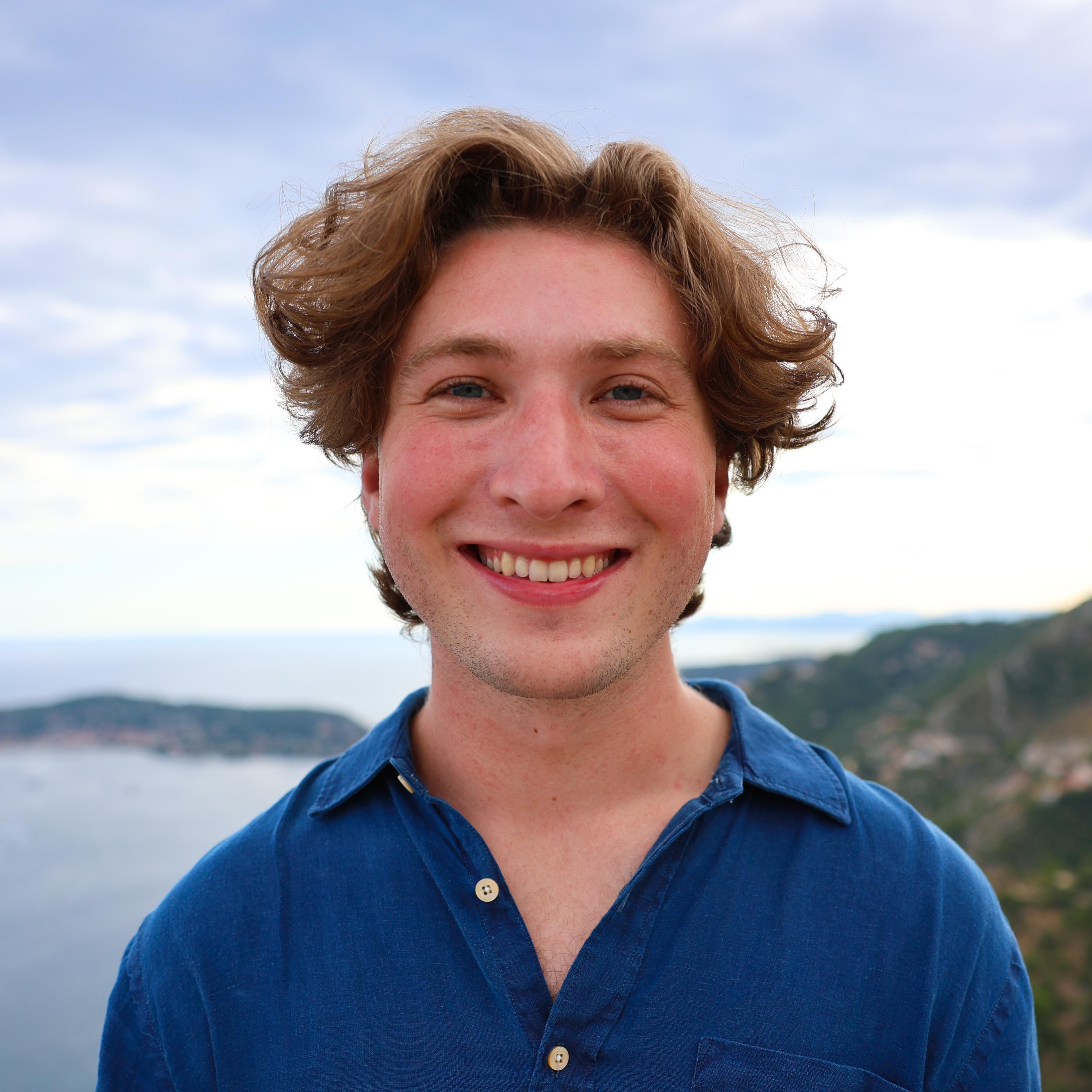Colter Brainard

Department: Molecular Biology
Faculty Adviser: Ileana Cristea
Year of Study: G2
Undergraduate School: Northeastern University
Undergraduate Major: Biology
Personal Bio
My name is Colter Brainard and I grew up near Burlington, Vermont. Growing up in Vermont, I fell in love with the outdoors. Skiing and backpacking are among my favorite activities, alongside soccer, piano, and photography. I also love any sport that involves a racket and am always looking for new people to play pickleball with! When I began my undergraduate at Northeastern University, I intended to go to medical school. However, after my first research experience working at a biotech company in Boston, I realized that the novelty and opportunity to answer questions that excite me was what I found the most fulfilling about science. During undergrad I carried out research on limb regeneration in axolotls, as well as gene therapy and agricultural technology research through Northeastern's co-op program. Before applying to graduate school, I worked at the National Institutes of Health in Bethesda, Maryland for two years where I studied the role of a long noncoding RNA in the heart. I now work in the lab of Ileana Cristea, where I am interested in studying how infected cells communicate with their environments. I look forward to chatting about science, life, or playing any sport with my mentee!
Fun Fact
I went sky diving above the filming location for Mordor (from Lord of the Rings) in New Zealand!
Research Pitch
My research in the lab of Dr. Ileana Cristea revolves around understanding the interface between infected cells and their neighbors. We call this interface the viral microenvironment, and you can think of it as an arms race between host cells and the viruses that infect them. Both populations (host and virus) have evolved extensive toolboxes for both resisting infection as well as promoting viral spread. Understanding these tools has the opportunity to shed light on many interesting biological phenomena, including fundamental biological pathways, as well as broader concepts like what conditions are required to effectively stop the spread of infection. I am personally most interested in a systems biology approach to research - that is, understanding how various pieces of information can inform a broader understanding of how organisms function. I plan to employ this approach by developing tools to study the virus microenvironment across various experimental models.
Upcoming Programs That I Am Attending:
Plans for Summer 2025
Interested in participating in Summer 2025 ReMatch+ program.

